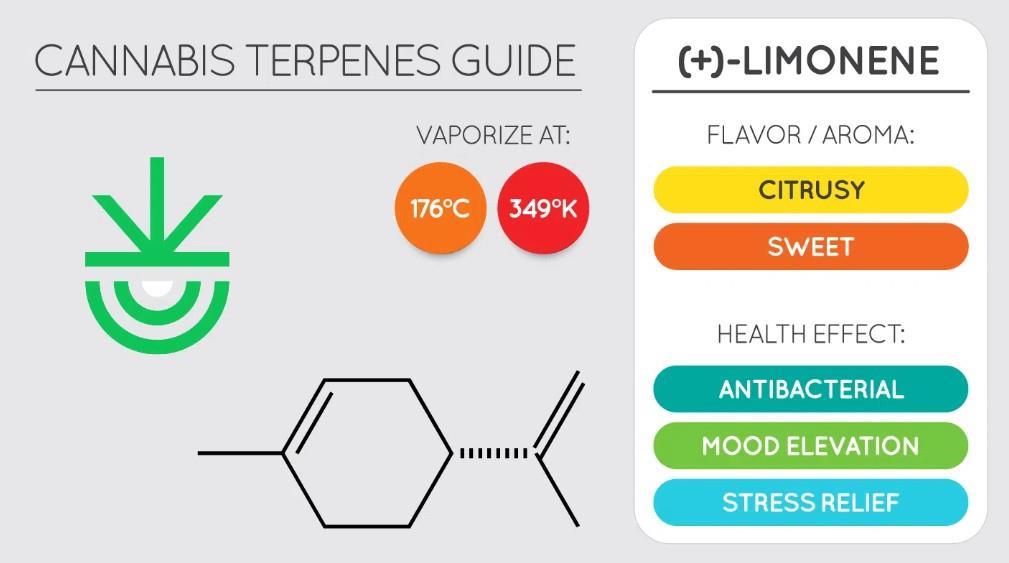Beta-Caryophyllene: A Key to Neuroprotection and Brain Health


Beta-Caryophyllene (BCP) is a naturally occurring compound found in several plants, particularly in the essential oils of black pepper, cloves, and cannabis. This unique cannabinoid, also referred to as β-caryophyllene, has attracted growing attention for its potential neuroprotective properties. Recent studies suggest that β-caryophyllene may play a significant role in improving brain health, reducing anxiety, and enhancing overall neurological function. This article explores the science behind betacaryophyllene, its anxiety effects, and how it may contribute to better brain health.
Table of Contents
What is Beta-Caryophyllene (BCP)?
Beta-Caryophyllene, or BCP, is a bicyclic sesquiterpene that acts as a natural anti-inflammatory agent. It is unique among cannabinoids because it selectively interacts with the CB2 receptor of the endocannabinoid system (ECS). While other cannabinoids primarily engage with the CB1 receptor, β-caryophyllene’s binding to the CB2 receptor has been linked to a variety of therapeutic effects, particularly in terms of reducing inflammation and promoting neuroprotection.

How Does β-Caryophyllene Work?
The endocannabinoid system (ECS) plays a crucial role in regulating various physiological processes, including mood, pain, and immune response. β-Caryophyllene acts as a selective CB2 receptor agonist, which means it can modulate immune function without affecting the central nervous system (CNS) in the same way as other cannabinoids. This makes BCP a potential candidate for promoting brain health and offering neuroprotection.
Beta-Caryophyllene and Brain Health
BCP’s neuroprotective potential is rooted in its ability to modulate inflammation and oxidative stress, both of which are key factors in neurodegenerative diseases such as Alzheimer's, Parkinson's, and other cognitive disorders. By reducing inflammation in the brain, β-caryophyllene may help protect neurons from damage and promote overall brain function.
Anti-Inflammatory Effects of BCP
Chronic inflammation in the brain is one of the underlying causes of neurodegenerative diseases. βCaryophyllene’s anti-inflammatory properties can help mitigate these effects by interacting with CB2 receptors. Research has shown that β-caryophyllene can reduce the production of pro-inflammatory cytokines, which are proteins involved in inflammation. By lowering these cytokines, βcaryophyllene may protect brain cells and improve cognitive function.
Beta-Caryophyllene and Anxiety
One of the most exciting areas of research involving β-caryophyllene is its effects on anxiety. Many individuals who suffer from anxiety disorders seek natural alternatives to traditional medications, and BCP may offer a promising solution.
β-Caryophyllene Anxiety Effects: How Does it Help?
Studies have highlighted the potential of β-caryophyllene in reducing symptoms of anxiety. The anxiety effects of BCP are thought to stem from its ability to interact with the CB2 receptors in the brain, helping to regulate the release of neurotransmitters involved in mood regulation. By activating the CB2 receptor, β-caryophyllene may help reduce the overactivity of the brain's fear center, thus promoting a sense of calm and relaxation.
The beta-caryophyllene anxiety effects have been particularly significant in animal studies, where BCP demonstrated an ability to reduce both physiological and psychological symptoms of anxiety. These findings suggest that β-caryophyllene may provide relief for individuals who experience chronic anxiety, though more human studies are necessary to confirm these results.
β-Caryophyllene and Cognitive Function
In addition to its anxiety-reducing effects, β-caryophyllene may also play a role in enhancing cognitive function. Neuroprotective compounds are essential for maintaining cognitive health as we age, and BCP’s antioxidant properties may contribute to its ability to protect brain cells from age-related damage.
Promoting Neurogenesis with BCP
One of the mechanisms by which β-caryophyllene supports brain health is through promoting neurogenesis the process by which new neurons are formed in the brain. This is crucial for maintaining cognitive function and memory. Research has shown that β-caryophyllene can stimulate the growth of new neurons in areas of the brain responsible for learning and memory, such as the hippocampus. As a result, BCP may help improve memory retention and cognitive performance over time.


